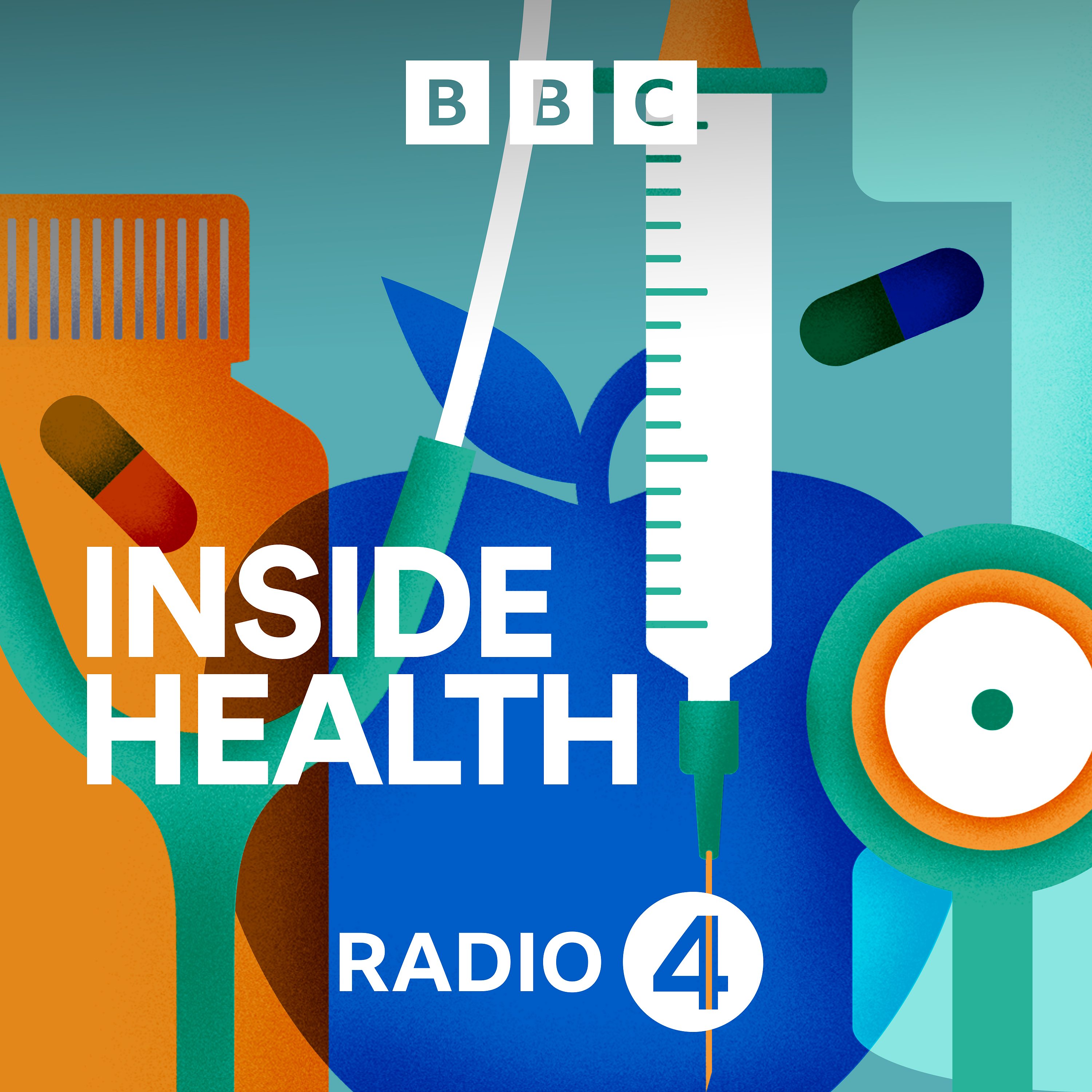What difference could new Alzheimer’s disease drugs make?
Description
Until recently, breakthroughs in treating Alzheimer’s disease were non-existent. But two new drugs have shown promise in moderately slowing memory and thinking problems for people with early-stage disease. While welcoming the idea of a ‘new era’ for treating Alzheimer’s disease, how much of a difference could these drugs make for people living with the condition?
James Gallagher visits a Memory Café in Doynton to hear about the daily challenges people living with dementia face, and their feelings about the new treatments on the horizon. Lauren Walker, Alzheimer’s disease researcher at Newcastle University, gives an overview of the protein these drugs target in the brain, and Liz Coulthard, Professor of Cognitive Neurology at the University of Bristol, explains how these treatments might impact patient's lives.
After listening to our “How hot is too hot for human health?” programme, one of our listeners contacted [email protected] to ask how the heat experienced during a hot flush impacts the body. James asks Clare Eglin, lecturer in applied physiology at the University of Portsmouth, what happens in the body during a hot flush and hears about how many others symptoms are actually caused by the menopause from GP, Margaret McCartney.
Presenter: James Gallagher
Producer: Julia Ravey
Editor: Erika Wright
Production Co-ordinator: Johnathan Harris
Technical Producer: Tim Heffer
More Episodes
In the UK, around a third of British children have tooth decay. Just among the under-fives, it's a quarter - a figure that rises significantly in the most deprived areas.
Tooth decay can cause speech development issues, embarrassment for children and in 2023, 15 million school days were missed...
Published 11/19/24
Olympic cyclist Sir Chris Hoy is calling for more prostate cancer testing after he was diagnosed with terminal cancer.
Prostate cancer can often present without symptoms, and for people like Sir Chris, this can mean it isn't diagnosed until it has spread and become incurable. Unlike breast,...
Published 11/12/24
Published 11/12/24


